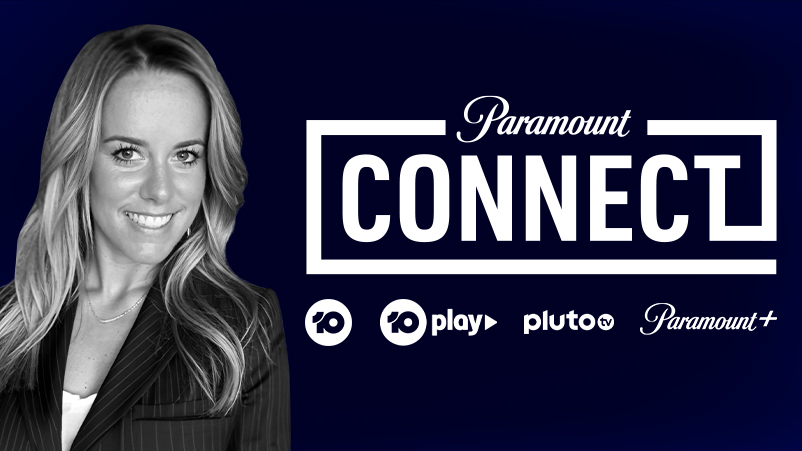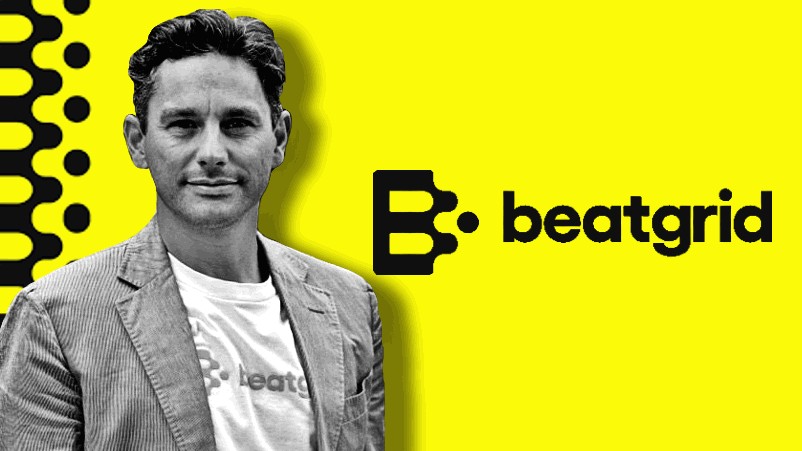After International Women’s Day, is positive change plateauing? Plus one genuine LinkedIn leader walking the talk
Having attended a corporate breakfast, liked a support post and acknowledged a colleague for their contribution to progress, ask yourself, ‘what is my organisation actually doing to progress the equality of women and other corporate minorities'? Howatson+Company CEO Chris Howatson says there are a lot of false flags on LinkedIn, but recommends following one leader that has comprehensively answered that question.
Scrolling Linkedin last night it was comforting to see overwhelming support for the people of Ukraine (and the innocent civilians of Russia). Many people and businesses had simply posted the colours of the Ukrainian flag, just as lights had symbolically projected our nation’s support onto the Sydney Opera House earlier this week. These acts weren’t overstating individual contributions, just recognition of the horrors unfolding and our empathy to the innocents.
Then I saw an agency (thankfully not one in this market) overlay their logo on Ukraine’s yellow and blue. What!? Are they seriously branding their sign of support? And then scrolling further, I discover the ‘lessons of leadership’ posts comparing Volodymyr Zelenskyy’s leadership with that of Vladimir Putin’s. Linkedin of course is the home of self-promotion, but this is just wrong. It is not appropriate to exploit those dying as a MGT101 lesson.
It got me thinking, has Linkedin become an echo chamber of virtue signalling? Black posts for BLM. Rainbows for Mardi Gras. Pink for Breast Cancer week, and this week, the 2022 meme du jour for International Women’s Day. Is all this emotional support masking a lack of policies and actions that are actually serving to progress these causes of equality and inclusion?
Let’s take a moment to look at the most telling of all statistics for IWD: female leadership in listed Australian companies.
In 2021 the AICD announced a significant milestone of ‘all male boards disappearing from the ASX200’. That is a huge achievement. But let’s dig under this headline to understand how far we’ve really progressed.
In 2015 the number of women representatives on ASX200 boards was 19.6 per cent. As a result the AICD created the '30% Club' to provoke and measure progress. Today only 166 companies in the top ASX300 have met this goal of greater than 30 per cent female board representation.
Of even greater concern, of the top ASX300 companies there are only 18 female CEOs. And rapid change doesn’t feel likely given 181 ASX300 companies have no women in CEO pipeline roles – measured as existing women in P&L management roles.
Is this a talent scarcity issue, or are there still significant barriers to Australian women reaching the corner offices?
It’s probably a combination of both. But conversations with the Australian CMO community would suggest that organisational policy and enthusiasm, especially in the area of flexible working, is not always matched by organisational expectations of full time roles and always on access.
As a leader of people I’m interested to learn from the policies and processes of other organisations as they seek equality and inclusion – across all marginalised groups. While our industry prides itself on creative originality, an effective policy should be stolen with pride.
I’ve been most impressed by Alex Mahon, CEO of British broadcaster Channel 4. When others painted their socials black in 2020, Ms Mahon confidently restated the company’s inclusion and diversity charter. Channel 4’s vision for an inclusive workforce is held to account by quota benchmarks across the workforce and salary brackets.
Most impressively, Ms Mahon is seeking more than workforce representation by using Channel 4’s content as an accelerator for wider societal change, ‘to shift focus to authentic portrayal and representation, allowing audiences to recognise themselves on screen’. Stereotypes are stereotypes thanks largely to media representation. Commissioning content that reflects a more equal society is the fastest way to influence its change.
Follow Alex on Linkedin. She’s a masterclass in leadership.
So, what’s my point? After this International Womens’ Day, having attended a corporate breakfast, liked a support post and acknowledged a colleague for their contribution to progress, ask yourself, ‘what is my organisation actually doing to progress the equality of women and other corporate minorities, and is there a way my business can be more like Channel 4 and play an accelerator role in moving society closer to equal.


